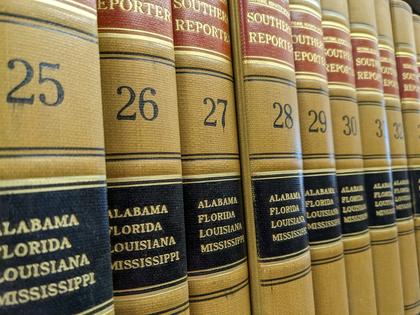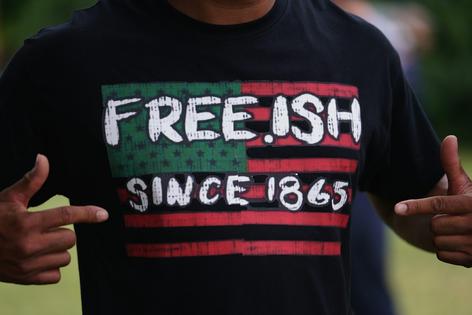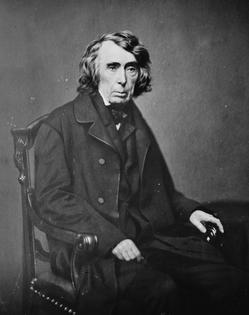US laws created during slavery are still on the books. A legal scholar wants to at least acknowledge that history in legal citations
Published in Political News
As the story of Juneteenth is told by modern-day historians, enslaved Black people were freed by laws, not combat.
Union Gen. Gordon Granger said as much when he read General Order No. 3 in Galveston, Texas, in front of enslaved people who were among the last to learn of their legal freedom.
According to the order, the law promised the “absolute equality of personal rights and rights of property between former masters and slaves.”
But the new laws guaranteeing legal protections for equal rights – starting with the Emancipation Proclamation in January 1863 and followed by the ratification of the 13th, 14th and 15th amendments after the U.S. Civil War had ended in April 1865 – did not eliminate the influence of slavery on the laws.
The legacy of slavery is still enshrined in thousands of judicial opinions and briefs that are cited today by American judges and lawyers in cases involving everything from property rights to criminal law.
For example, in 2016 a judge on the 3rd U.S. Circuit Court of Appeals cited Prigg v. Pennsylvania, an 1842 U.S. Supreme Court case that held that a state could not provide legal protections for alleged fugitive slaves. The judge cited that case to explain the limits of congressional power to limit gambling in college sports.
In 2013, a judge on the 9th U.S. Circuit Court of Appeals cited Prigg for similar reasons. In that case, involving challenges to an Indian tribe’s acquisition of land, the judge relied on Prigg to explain how to interpret a federal statute.
Neither of these judges acknowledged or addressed the origins of the Prigg v. Pennsylvania case.
That is not unusual.
What I have learned by researching these slave cases is that the vast majority of judges do not acknowledge that the cases they cite involve the enslaved. They also almost never consider how slavery may have shaped legal rules.
To place these laws in historical context for modern-day usage and encourage judges and lawyers to address slavery’s influence on the law, I started the Citing Slavery Project in 2020. Since then, my team of students and I have identified more than 12,000 cases involving enslaved people and more than 40,000 cases that cite those cases.
We have found dozens of citations of slave cases in the 2010s. Such citations appear in rulings from the U.S. Supreme Court and in state courts across the country. Citation by lawyers in briefs is even more prevalent.
Addressing slavery’s legal legacy is not just an issue for historians.
It is also an ethical issue for legal professionals. The code of conduct for U.S. judges recognizes that “an independent and honorable judiciary is indispensable to justice in our society.” The code further calls for judges to “act at all times in a manner that promotes public confidence in the integrity … of the judiciary.”
Lawyers share in this obligation.
The American Bar Association notes the profession’s “special responsibility for the quality of justice.” It also calls for lawyers to further “the public’s understanding of and confidence in the rule of law and the justice system.”
Such actions are particularly important because of the rising importance of the Supreme Court’s history-and-tradition test, which uses analysis of historical traditions to determine modern constitutional rights. Courts risk undermining their legitimacy by paying attention to some legal legacies while ignoring others.
It is my belief that lawyers and judges must confront slavery’s legacy in order to atone for the legal profession’s past actions and to fulfill their ethical duties to ensure confidence in our legal system.
This article is republished from The Conversation, a nonprofit, independent news organization bringing you facts and analysis to help you make sense of our complex world.
Read more:
Juneteenth celebrates just one of the United States’ 20 emancipation days – and the history of how emancipated people were kept unfree needs to be remembered, too
There was a time reparations were actually paid out – just not to formerly enslaved people
Justin Simard receives funding from Michigan State University, the Proteus Foundation Vital Projects Fund, and the Engagement Scholarship Consortium.


































































Comments